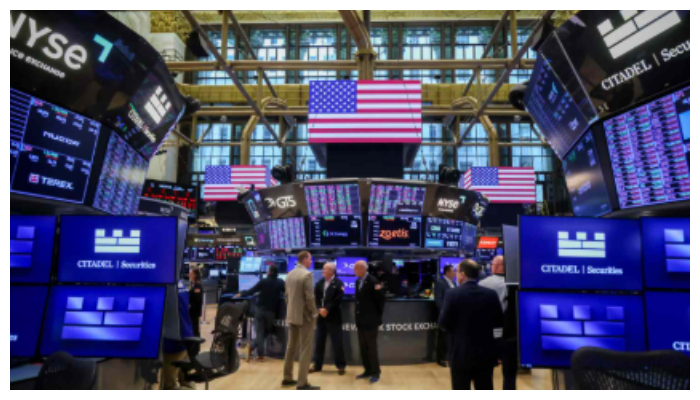A New York man has a hamburger to pick with McDonald’s and Wendy’s: deceptive adverts he says make their burgers look a lot greater than they really are.
In a proposed legal claim, he blames the inexpensive food monsters for uncalled for and misleading exchange rehearses.
He is looking for $50m (£40.3m) in harms for him and other comparatively hoodwinked clients.
The chains didn’t remark promptly on the suit, which gathers numerous protests from online entertainment.
Rival Burger King was hit with a comparable claim in Florida in March, by a similar law offices addressing New Yorker Justin Chimienti.
While Burger King still can’t seem to answer in court, a changed objection shows that more despondent clients have endorsed onto the suit.
The organizations’ adverts are “out of line and monetarily harming shoppers as they are getting food that is a lot of lower in esteem than what is being guaranteed”, the grievances say.
The “activities are particularly concerning now that expansion, food, and meat costs are exceptionally high and numerous customers, particularly lower pay shoppers, are battling monetarily,” they add.
The claim against McDonald’s and Wendy’s says the burgers in the advertising are somewhere around 15% bigger than they are, in actuality. It remembers a portion of the responses for online entertainment getting down on the organizations for the inconsistency.
“It’s looking somewhat miserable… dislike the image,” one YouTube commentator, refered to in the claim, said of Wendy’s Bourbon Bacon Cheeseburger.
“Being a little burger folks is going. I’m simply letting you know directly up what’s in store so you won’t be frustrated like me,” said another.
Remarks like that are probably not going to be sufficient to win a case in US court, as per Mark Bartholomew, regulation teacher at the University of Buffalo in New York.
He said a court would be searching for evidence that clients were really tricked and that the adverts impacted buying choices.
“Both of those are a difficult task for the offended party to demonstrate,” he said, taking note of that the inexpensive food organizations could probably contend that the general population expects some distortion in a showcasing effort.
“My conjecture is that what they truly need is a settlement and this won’t ever attend an all out court date.”
In the UK, controllers prohibited a Burger King promotion in 2010, maintaining grievances that the chain’s chicken sandwiches were a lot more modest than publicized.
Yet, it’s somewhat strange to see this sort of case in the US, where many promoting debates are among contenders and settled discreetly through an industry body, said Deborah Gerhardt, regulation teacher at the University of North Carolina-Chapel Hill.
“A ton of the questions never at any point become known,” she added.





















